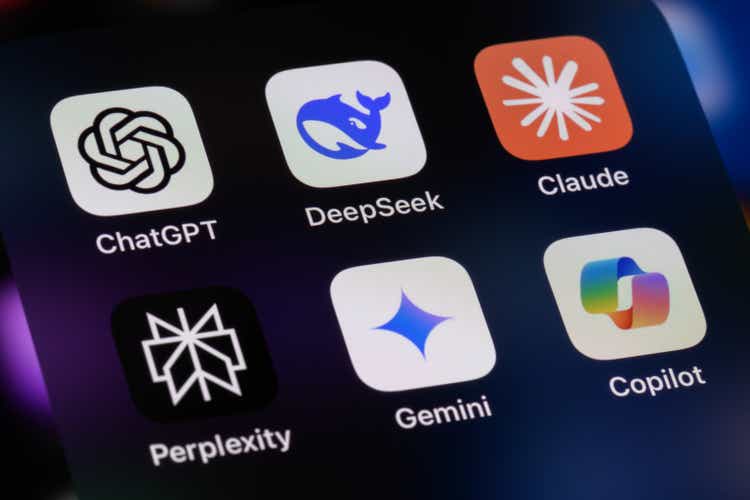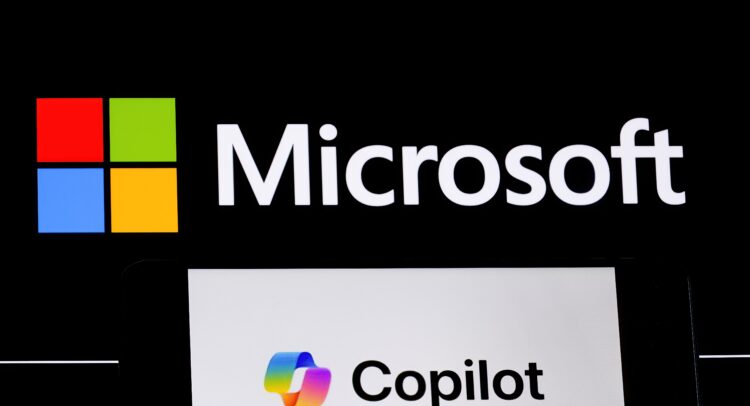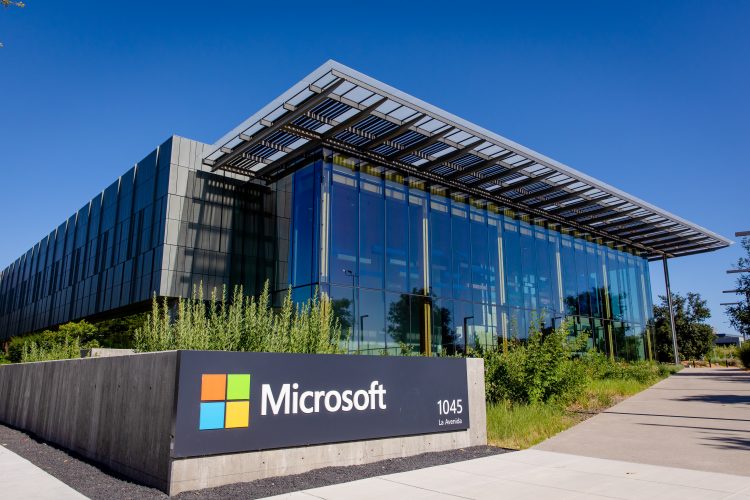Introduction
Microsoft has taken a major leap forward in the enterprise artificial intelligence (AI) market by finalizing a massive deal with Barclays Plc. As revealed during a recent companywide town hall on May 30, 2025, Microsoft will provide 100,000 Copilot licenses to the British multinational bank, strengthening its position as a global AI leader. This move is a strong indicator of how corporations are embracing AI at scale to increase productivity and streamline operations.
Copilot’s Enterprise Momentum

Judson Althoff, Microsoft’s Chief Commercial Officer, revealed that several major clients — including Accenture, Toyota, Volkswagen, and Siemens — also have over 100,000 active Copilot users each. The Copilot tool, which is tightly integrated with Microsoft’s Office suite and developed in partnership with OpenAI, enables AI-assisted document creation, email responses, Excel analysis, and more.
CEO Satya Nadella emphasized the company’s focus on adoption rates and ROI, closely tracking how many employees within client organizations are actively using Copilot features. With list pricing at $30 per user/month, the Barclays deal could potentially be worth over $30 million annually, even before bulk discounts.
Financial Impact and Market Confidence
While Microsoft hasn’t disclosed total customer counts, internal metrics suggest momentum. Earlier this year, Microsoft projected its AI suite — including Azure cloud infrastructure and Copilot licenses — would generate at least $13 billion (roughly ₹111,211 crore) in annual revenue. Still, Wall Street is watching closely, seeking more measurable signs that Microsoft’s multibillion-dollar AI investments are paying off.
Workforce Implications and Restructuring

The town hall comes just weeks after Microsoft announced layoffs affecting 6,000 employees — about 3% of its workforce. Notably, many affected roles were engineering positions, highlighting that even tech builders aren’t immune in this rapidly evolving AI era. Nadella clarified that the cuts stemmed from a structural reorganization, not performance-based issues.
Broader AI Ecosystem Strategy
This Copilot deal with Barclays reinforces Microsoft’s growing role as a platform provider for AI transformation. Unlike its competitors, Microsoft has focused on integrating AI into existing enterprise tools, creating low-friction, high-utility applications that customers are more likely to adopt en masse.
For users, Copilot appears in Microsoft 365 apps like Word, Excel, Teams, and Outlook. It helps generate summaries, write emails, forecast data, and even interact in gaming environments, making it a true horizontal AI platform.
Conclusion
Microsoft’s latest partnership with Barclays is more than just a sales win — it’s a clear signal that AI is becoming foundational to enterprise infrastructure. As Copilot licenses continue to scale across industries, Microsoft is positioning itself as a dominant player in the future of intelligent work. With Copilot, AI isn’t just theoretical — it’s operational, measurable, and increasingly, indispensable.
Want to explore how Copilot is transforming the workplace? Read our related feature: Why Microsoft Copilot Is Changing Workplace AI.









